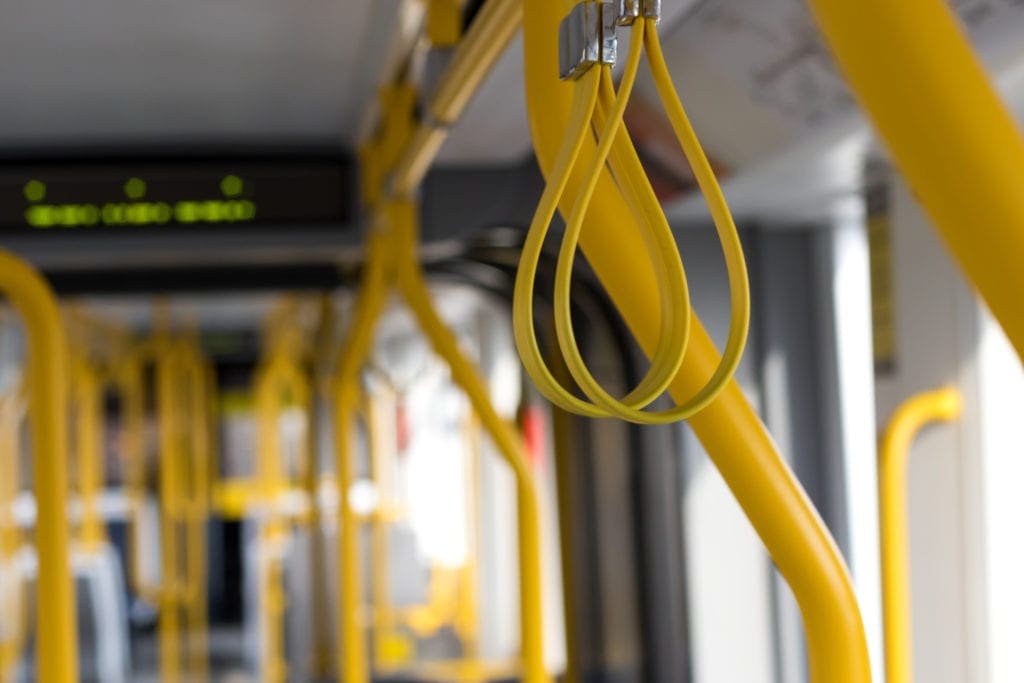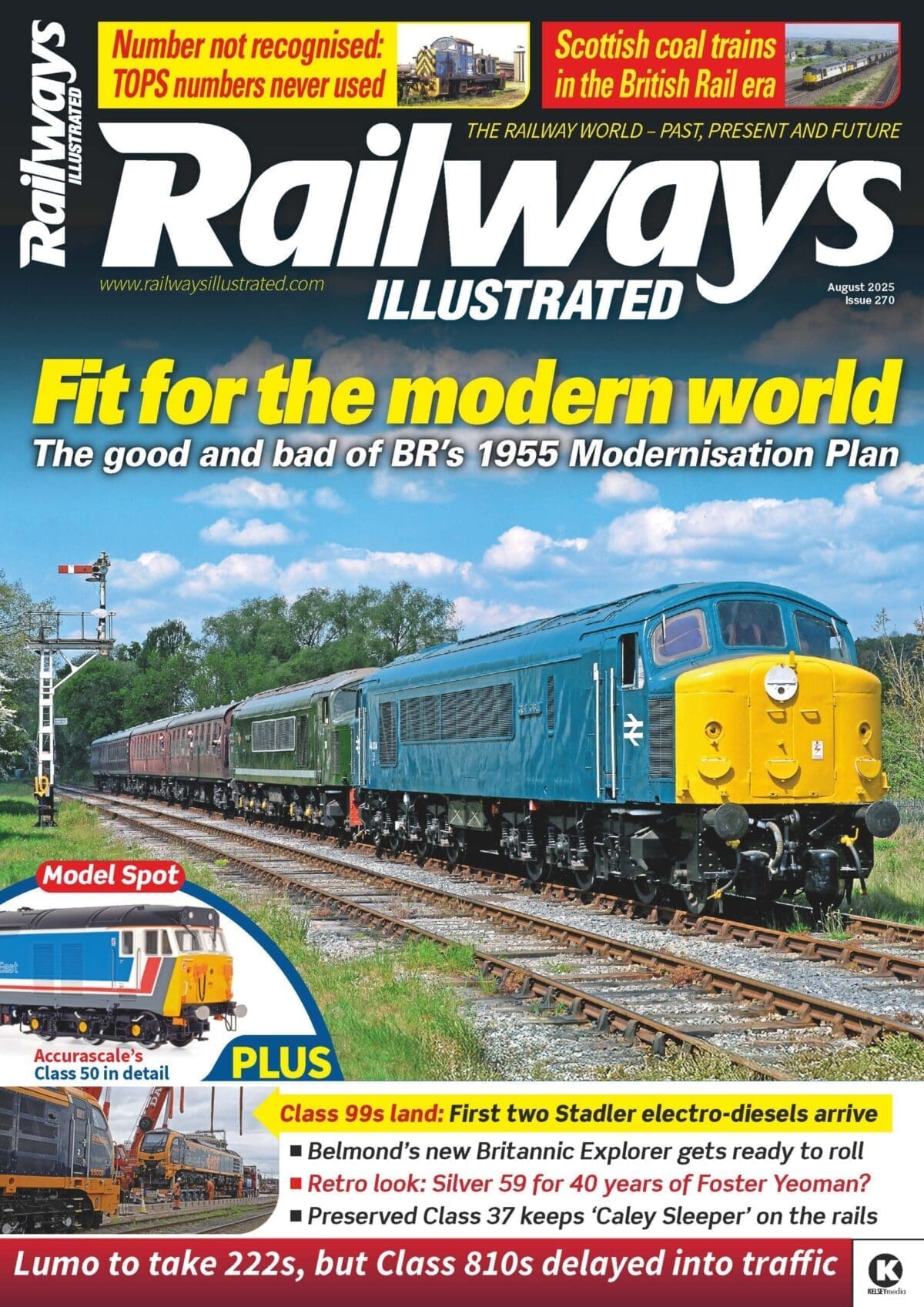
Rail passengers in England and Wales have been hit by above inflation fare rises despite the collapse in demand.
Ticket prices have increased by around 2.6%, leading to accusations that the UK Government is “pricing the railways out of existence”.
Related articles
- Avanti West Coast launches smartcard to boost sustainability
- Rail union demands suspension of on-train ticket inspections
- PM under fire for claiming Transport for North budget not cut by 40%
The figure represents the Retail Prices Index measure of inflation from July 2020, plus one percentage point.
Enjoy more Railways Illustrated Magazine reading every month.
Click here to subscribe & save.
The Scottish Government has imposed smaller rises of 1.6% and 0.6% for peak and off-peak travel respectively.
Examples of fare hikes include a Brighton-London annual season ticket going up by £128 to £5,108 and a Manchester-Glasgow off-peak return rising by £2.30 to £90.60.
Margaret Manilow, a midwife who commutes from Hook in Hampshire to London Waterloo, said she was “shocked” that fares had gone up.
The 62-year-old added: “I work full-time, and I commute on a daily basis so it will be quite a lot.”
Michael Paget, a lawyer from Mortlake, south-west London, commented: “The business model of the railway companies is under extreme stress.
“This increase is perhaps a plaster on a more gaping wound.”
Demand for rail travel has plummeted during the coronavirus pandemic, with passenger numbers currently down 85% on normal levels.
Network Rail boss Sir Peter Hendy said last week that the volume of journeys by commuters may only recover to 60% of what it was before the outbreak.
Fare rises in England have mirrored RPI since January 2014, but the Department for Transport (DfT) axed the policy due to the “unprecedented taxpayer support” handed to the rail industry during the coronavirus pandemic.
The UK, Scottish and Welsh Governments took over rail franchise agreements from train operators in March 2020, following the collapse in demand for travel caused by the virus crisis.
This is expected to cost the Westminster Government alone around £10 billion by mid-2021.
Fares usually become more expensive on the first working day of every year, but the 2021 rise was deferred due to the coronavirus pandemic.
Bruce Williamson, of pressure group Railfuture, described the increase as “the usual annual punishment for rail passengers, just slightly delayed”.
He claimed the UK Government “should be encouraging the public to start using trains again” when lockdown restrictions ease.
“But instead they’re gradually pricing the railways out of existence,” he said. “It just doesn’t make sense to kick the rail industry when it’s down.”
Paul Tuohy, chief executive of Campaign for Better Transport, warned that the increase will “directly affect millions of people’s plans to return to workplaces in the coming months”.
He continued: “For those planning to return part time, this increase, coupled with the lack of flexible commuter tickets, could mean they choose to work from home instead, further delaying the economic recovery.”
Anthony Smith, head of passenger watchdog Transport Focus, said the hike in fares makes it “even more important” that ticketing is modernised so it is “based on how people want to use the railway”.
Rises in around half of fares – including season tickets on most commuter routes – are regulated by the UK, Scottish and Welsh Governments.
Train operators determine increases in unregulated fares such as Advance tickets, but this year they are heavily linked to rises in regulated tickets as governments have taken on firms’ financial liabilities.
That means the overall average increase across England and Wales is around 2.6%.
A DfT spokeswoman noted that this is the lowest rise in four years “despite unprecedented taxpayer support for the rail industry”.
She went on: “By delaying the change in fares, passengers who needed to renew season tickets were able to get a better deal, and we will set our further plans to offer cheaper, more flexible tickets for commuters in due course.”
Robert Nisbet, director of nations and regions at industry body the Rail Delivery Group, said it is up to the Government to decide “how much it wants passengers to pay towards the cost of running the railway”.
He added that train operators want to give passengers “better value” by working with ministers to create a “new, more flexible” ticketing system.





